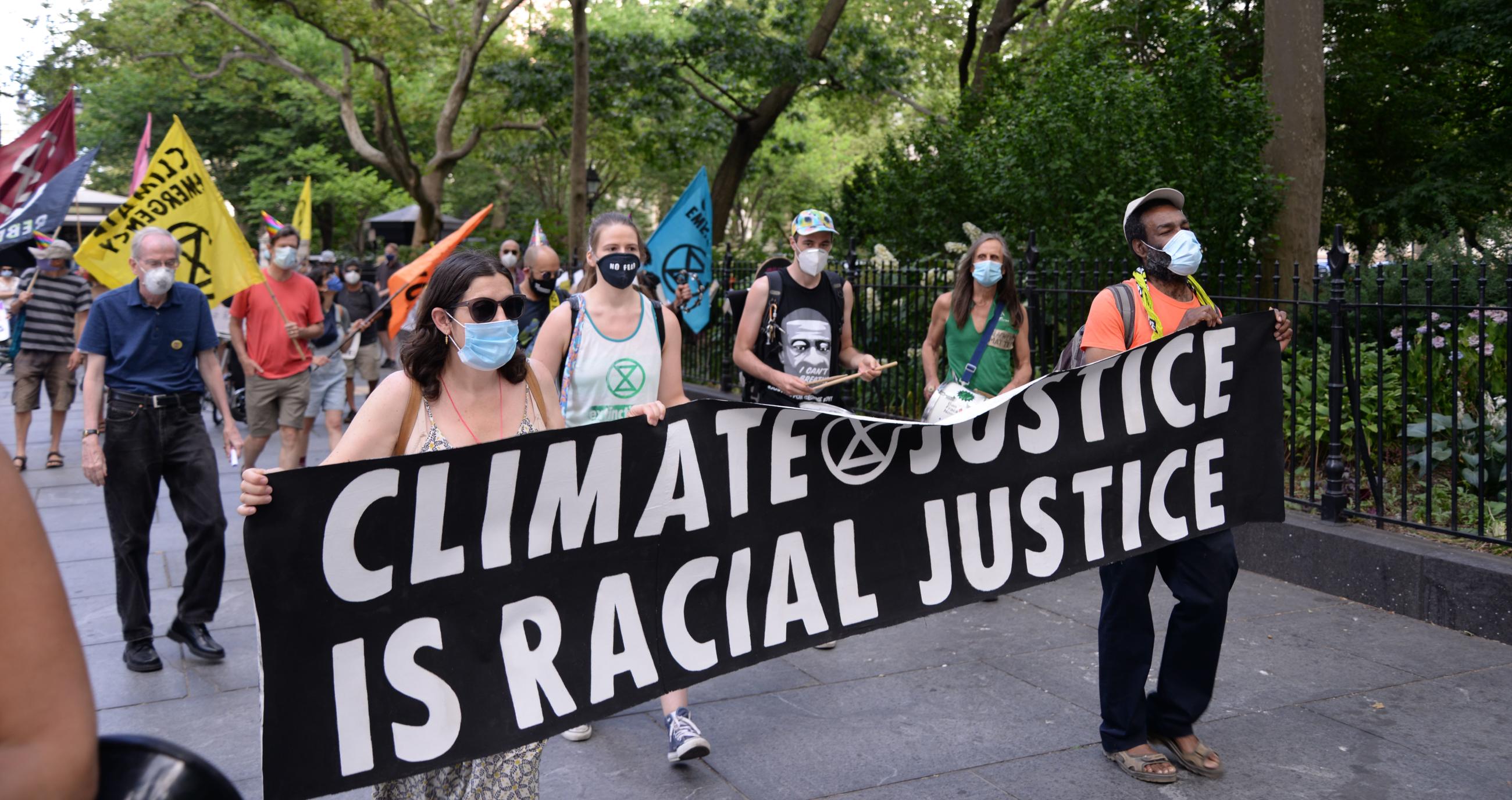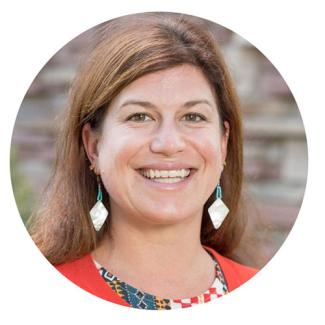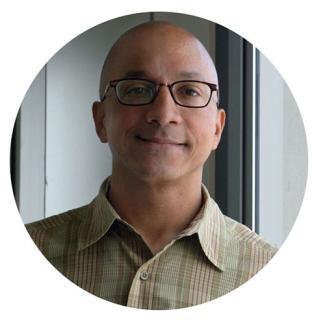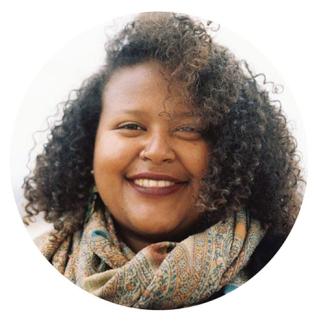2021 Environmental Justice Symposium

Credit: Felton Davis
Please join us May 20-21, 2021 for the 3rd annual Environmental Justice Symposium, hosted by the Bren Environmental Justice Club and sponsored by UCSB Graduate Students for Diversity in the Sciences and the UCSB Bren School of Environmental Science & Management. This two-day symposium offers afternoon sessions that will explore topics such as the roots of disproportionate environmental harm to low-income and communities of color and the ins and outs of careers in environmental justice. This event will bring together interdisciplinary scholars, activists, and thought-leaders to envision the future of environmental justice work at UCSB and beyond.
Registration
Please note that each date has a unique Zoom link. Please register for both dates to receive those links.
- Register for May 20
- Register for May 21
Schedule
All times listed in Pacific Time
Thursday, May 20
4:00pm - Environmental Justice Flash Talks: Three to four minute presentations covering a wide variety of environmental justice topics ranging from academic to community oriented. Audience members will vote for the best talks!
5:00pm - Environmental Justice Career Panel, moderated by Timnit Kefela, PhD Candidate, Bren School, UCSB. This panel of EJ practitioners will share advice and experience for students interested in various career paths that incorporate environmental justice, from community organizing to environmental law. Read bio
Friday, May 21
3:00pm - Keynote: Extractivism and Environmental Injustice: Chronic Stress and Procedural Inequity in Oil, Gas, and Uranium Production, Dr. Stephanie Malin, Colorado State University. Dr. Malin will present her work on extractive industries such as oil, gas, and uranium and their associated EJ and mental health implications. Read bio
4:00pm - Intersectional Environmental Justice Panel, moderated by Dr. David Pellow, UCSB. This panel will discuss the ways social justice movements, including prison abolition, food justice, immigrants' rights, and workers' rights, intersect to advance environmental justice. Read bio
Speaker Bios
Stephanie Malin - Keynote Speaker

Stephanie A. Malin, PhD, is an environmental sociologist specializing in natural resource sociology, governance, and rural development, with a focus on the community impacts of resource extraction and energy production. Her main interests include environmental justice, environmental health, social mobilization, and the socio- environmental effects of market-based economies. She also examines communities building more distributive and regenerative systems. Stephanie serves as an Associate Professor in the Department of Sociology at Colorado State University and she is an adjunct Associate Professor with the Colorado School of Public Health. Stephanie co-founded and co-directs the Center for Environmental Justice at CSU. She is an award-winning teacher of courses on environmental justice, water and society, and environmental sociology. Stephanie has authored a forthcoming book, Changing it All: Using Environmental Sociology to Build Something Better, as well as The Price of Nuclear Power: Uranium Communities and Environmental Justice, and has published her research in journals such as Social Forces, Environmental Politics, the Journal of Rural Studies, and Society and Natural Resources. Stephanie conducts public sociology and engaged scholarship, and her work can additionally be found in news outlets like The Conversation and High Country News’ Writers on the Range. Her work has been supported by grants from the National Institutes of Environmental Health Sciences (part of National Institutes of Health), the American Sociological Association, the Colorado Department of Public Health & Environment, the Rural Sociological Society’s Early Career Award, and the CSU Water Center. Stephanie has enjoyed serving in elected leadership positions for the American Sociological Association’s Section on Environmental Sociology and the International Association for Society and Natural Resources. She completed a Mellon Foundation Postdoctoral Fellowship at Brown University, working with Dr. Phil Brown and his Contested Illnesses Research Group, after earning her Ph.D. in Sociology from Utah State University.
Connect with Dr. Malin: Twitter, Instagram
David Pellow - Intersectional EJ Panel Moderator

David N. Pellow is the Dehlsen Chair and Professor of Environmental Studies and Director of the Global Environmental Justice Project at the University of California, Santa Barbara where he teaches courses on social change movements, environmental justice, human-animal conflicts, sustainability, and social inequality. His teaching and research focus on ecological justice issues in the U.S. and globally. His books include: What is Critical Environmental Justice?; Total Liberation: The Power and Promise of Animal Rights and the Radical Earth Movement; The Slums of Aspen: Immigrants vs. the Environment in America’s Eden (with Lisa Sun-Hee Park); Resisting Global Toxics: Transnational Movements for Environmental Justice; The Silicon Valley of Dreams: Environmental Injustice, Immigrant Workers, and the High-Tech Global Economy (with Lisa Sun-Hee Park); and Garbage Wars: The Struggle for Environmental Justice in Chicago. He has served on the Boards of Directors for the Community Environmental Council, the Global Action Research Center, Greenpeace USA, International Rivers, and the Fund for Santa Barbara.
Timnit Kefela - Career Panel Moderator

Timnit Kefela is a PhD candidate at the UCSB Bren School. Timnit’s doctoral research focuses on understanding the sources, pathways and fates of plastics in soil and marine environments. Her research journey began as a botanist where she studied plant gene function and the role of plant-microbial interactions on enhancing plant growth, promoting defense against plant diseases and abiotic stress tolerance. She also worked on several projects focused on pollution and access such as phytoaccumulation of lead-contaminated soils and healthy food access in Camden, NJ. Timnit firmly believes that the environmental future should include everyone. She is committed to connecting people to science, the sustainable diversification of STEM, and environmental justice advocacy. Timnit actively works on local and national initiatives with similar goals.